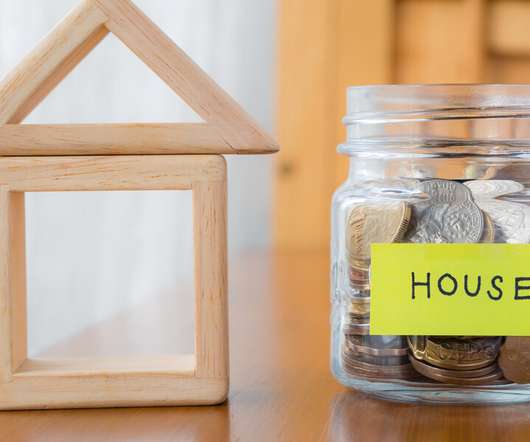The Best Mortgage Blogs From 2017 | Advice For Home Financing
Rochester Real Estate
NOVEMBER 5, 2015
Should I Go With A Mortgage Broker Or A Bank? A common question Realtors get from buyers and home owners looking to refinance is “should I go with a mortgage broker or a bank?” They cover the differences between mortgage brokers and banks, the pros and cons of each one and just as importantly, how to find a good lender.




















Let's personalize your content